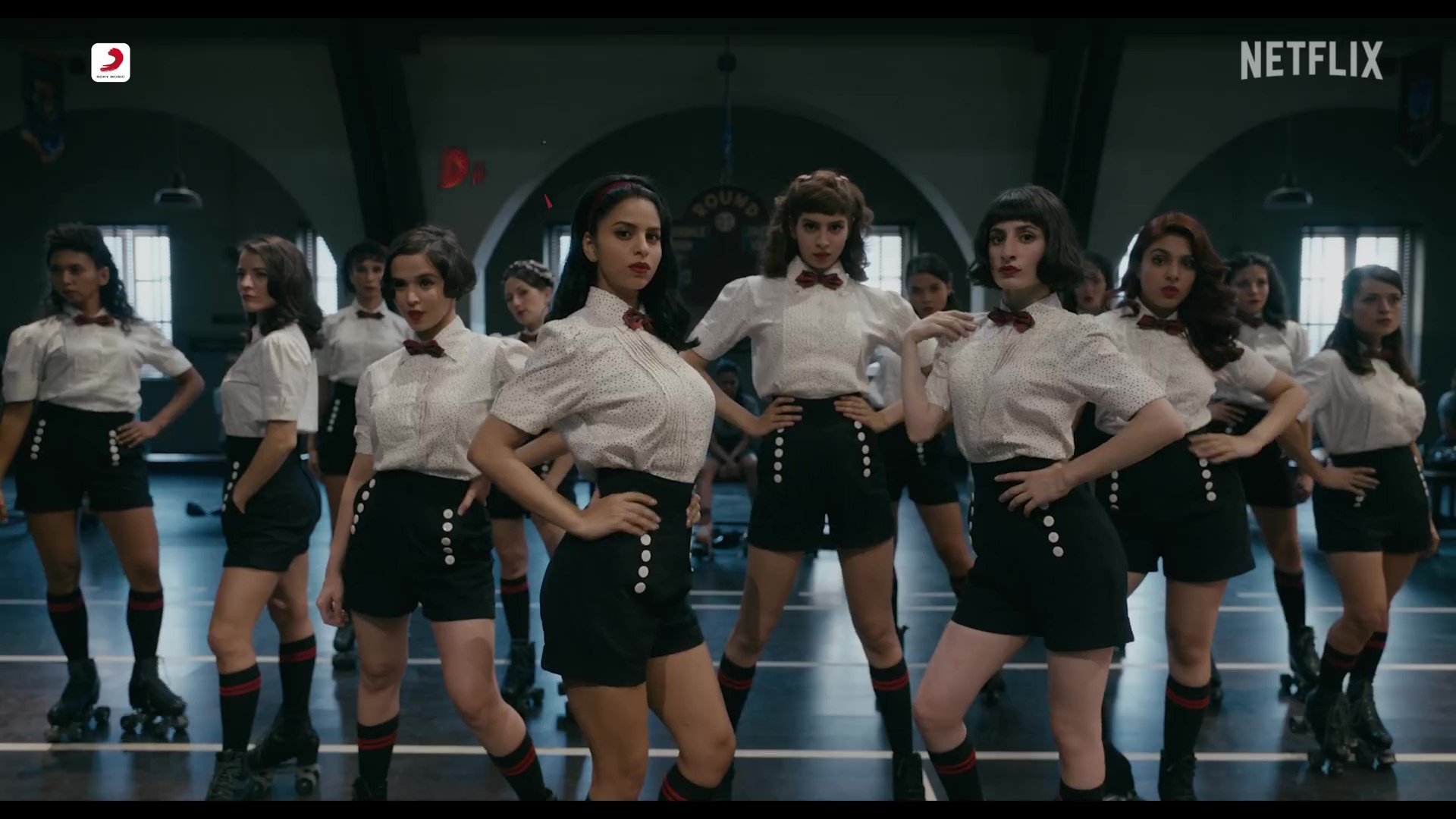The government has literally washed its hands off radio FM players’ plea on high music royalty fee. In the absence of a single collection agency for music rights fee from FM radio stations, the 287-odd new FM frequencies had asked the government to intervene and help form a single company for music rights collection as this vexed issue was threatening to throw many a business model off gear.
An official of the information and broadcasting ministry said, “The issue relates to IPR, which is in the domain of the human resources development (HRD) ministry. We cannot intervene on every aspects of a business.”
The official added that the concerns of the private radio FM operators have been conveyed to the HRD ministry and now it’s up to it to do address the issue. Explaining further the I&B ministry’s helplessness in this regard, the official said, “Our business is to frame a regulatory framework. We cannot really help if other aspects of the business (in this case FM radio) fall within the jurisdiction of other government agencies.”
Why is the music rights issue snowballing into a major controversy? First, multiplicity of organizations that claim to be protecting the rights of performing artistes and their works and second, the absence of a regulator, which could go into such matters in details quickly to come out with feasible solutions. For the FM radio companies, the music rights fee could well range between Rs 1.2 – 1.5 billion this year and could touch Rs 7 billion by 2010 as operations expand and new programming lineups are rolled out.
The new FM operators have also urged the I&B ministry to help rationalise the music right rates for A+, A, B, C and D category cities on the lines of target population as opposed to the fixed fee regime currently practiced.
According to the Association of Radio Operators of India (AROI), since the levels of operations would differ from city to city, paying a flat fee for music rights for smaller players would not make business sense. According to AROI convenor Rajiv Misra, if a FM operator with a licence in Hissar (population approximately 150,000) in Haryana state, for example, pays Rs 5 million as music royalty for basically film and Indipop songs, the “overheads would increase dramatically.”
AROI had suggested in a petition to the I&B ministry that music fees should be graded on the lines the cities had been graded for licences, depending on socio-economic factors. Presently, to access music, fees have to be paid to the Phonographic Performance Limited (PPL) for sound recordings, Indian Performing Rights Society (IPRS) for musical works and T-Series, a music company that has a huge library of film and devotional music.
Because most FM radio stations depend heavily on film music, T Series, which began as a small company manufacturing cover versions of popular Hindi film songs, commands the leading market share of over 50 per cent. The I&B ministry official while expressing helplessness in intervening in such issues, said these are commercial deals that the industry players should try to sort it out themselves instead of approaching the government.
Meanwhile, the ministry also made light of AROI’s protest against satellite radio operator WorldSpace seeking clearance for technology that would help it to broadcast terrestrially.
Pointing out that the government is looking into the issue of WorldSpace, the ministry official said, “Private FM radio operators had existed earlier also and had competed well against satellite radio service. Why is this hue and cry now suddenly when the government hasn’t given any clearance to WorldSpace (to broadcast in the terrestrial mode)?”




